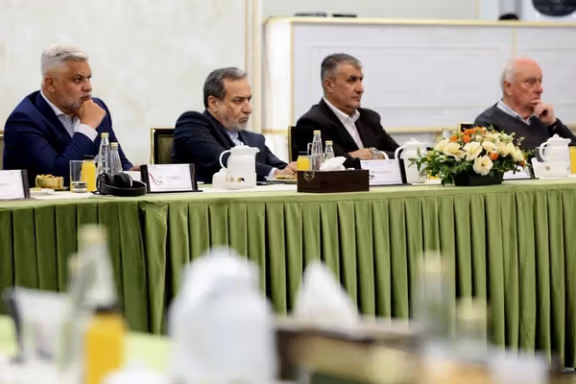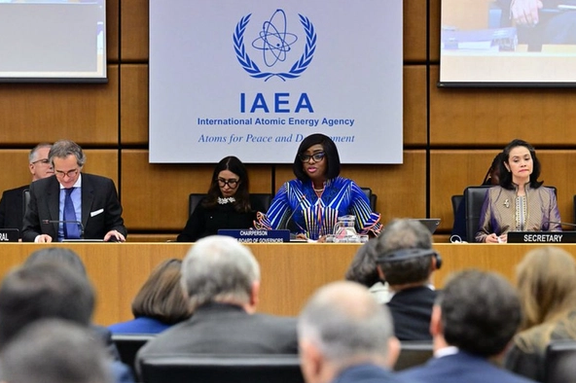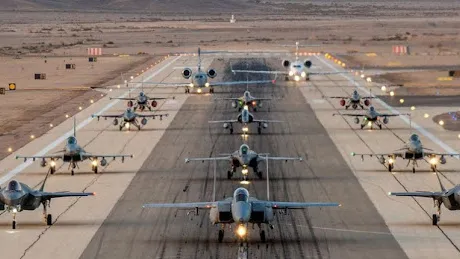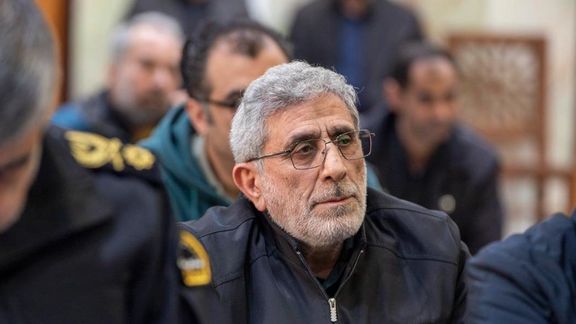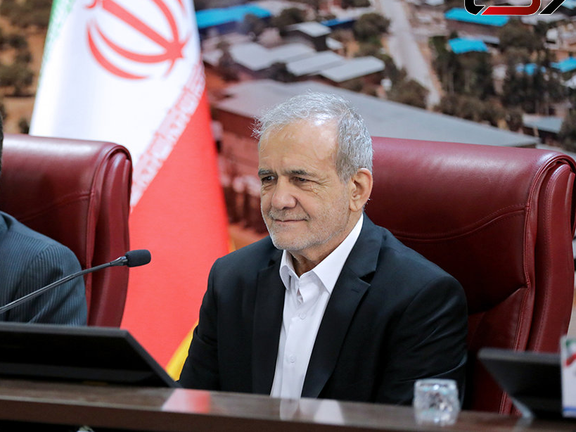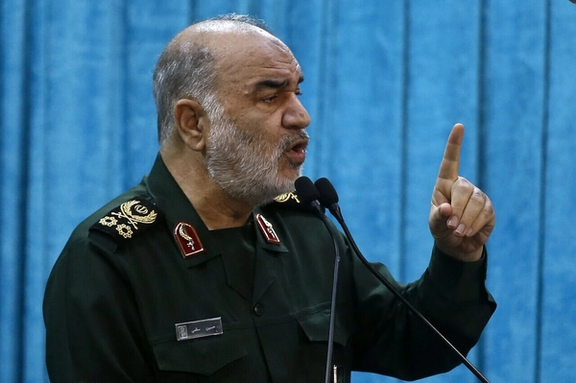Iran condemns IAEA nuclear resolution as 'politically driven'
Iran on Thursday denounced the IAEA Board of Governors’ resolution declaring Tehran in breach of its nuclear safeguards obligations.
Foreign Ministry and Atomic Energy Organization in a joint statement called it a politically motivated move by the US and three European countries.
“This action is a repeated instrumental use of the Board, based on political motives and lacking technical and legal foundation,” the statement read.
“The Islamic Republic of Iran has always remained committed to its safeguards obligations, and so far none of the Agency’s reports have referred to non-compliance or diversion.”
The statement warned of retaliatory steps, saying that Iran “has no choice but to respond to this political resolution.”
“Orders have been issued to establish a new enrichment facility at a secure location and to replace first-generation centrifuges at Fordow with advanced IR-6 machines.”
